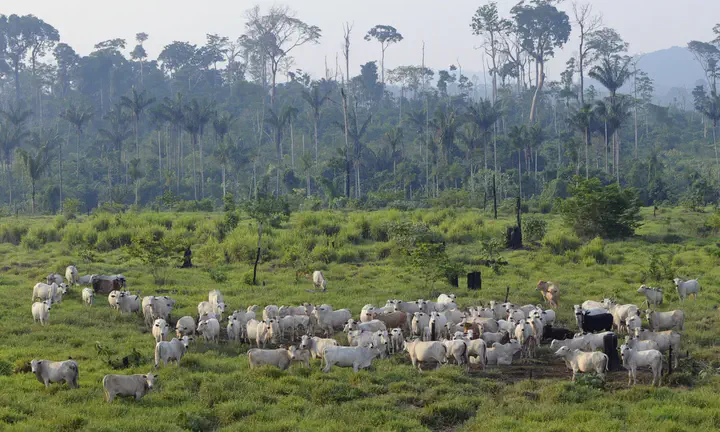Human Behaviour and the Environment: Experiments in Behavioural Environmental Economics
 Image credit: The Guardian
Image credit: The Guardian
Abstract
Human behaviour lies at the heart of the climate crisis. Not only is it the primary cause of global climate change and environmental degradation, but also key to responding and adapting to them. Tackling the climate crisis thus requires a complete understanding of human behaviour. So far, however, environmental policies have largely been guided by the canonical economic model of human behaviour, based on the idea of ‘homo economicus’, neglecting important behavioural aspects of the relationship between human behaviour and the environment. This thesis examines some of the complex interrelations between human behaviour and the environment through a behavioural environmental economics lens, drawing on recent insights from behavioural economics and psychology. The first part of this thesis (Chapters 1 and 2) focuses on the impact of environmental stressors on human behaviour, attitudes and beliefs. The second part (Chapters 3 and 4) examines the impact of policy interventions to foster more environmentally sustainable behaviour. All chapters adopt an experimental or quasi-experimental approach to provide causal insights and formulate robust policy recommendations. Chapter 1 develops and tests a novel experimental design, that exploits natural discontinuities in air pollution episodes in Beijing, China to experimentally isolate the causal effect of acute air pollution on social decision-making and economic preferences. Chapter 2 utilises data from a natural experiment to estimate the causal effect of extreme weather events on climate change attitudes and pro-environmental behaviours. Chapter 3 uses an online ‘message framing’ experiment to explore whether appealing to ‘warm glow’ motives can encourage voluntary pro-environmental behaviour, relative to other common climate change communication strategies. Chapter 4 presents the results of a large-scale field experiment conducted at five university cafeterias, exploring whether carbon footprint labels can promote more sustainable food choices.